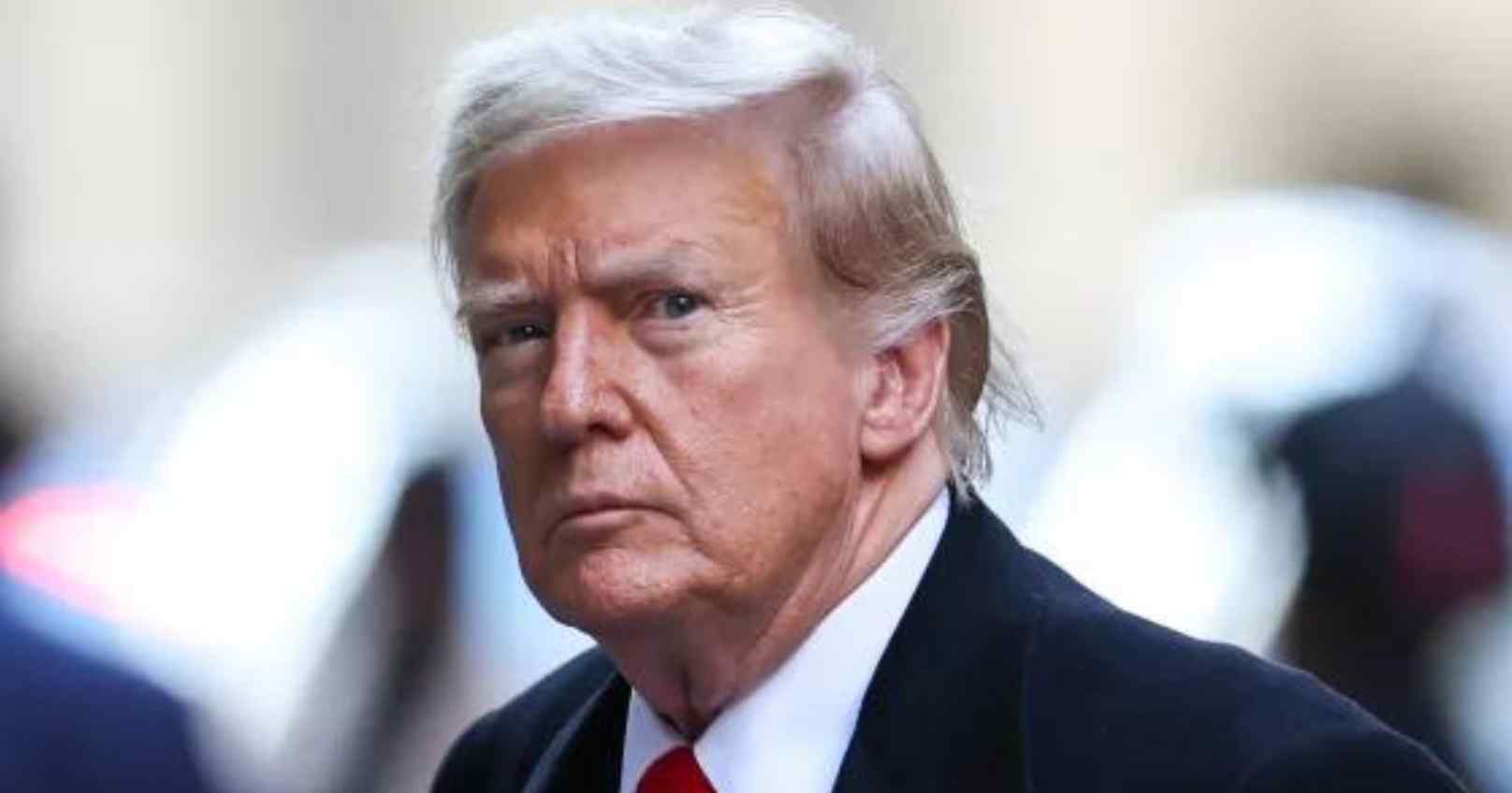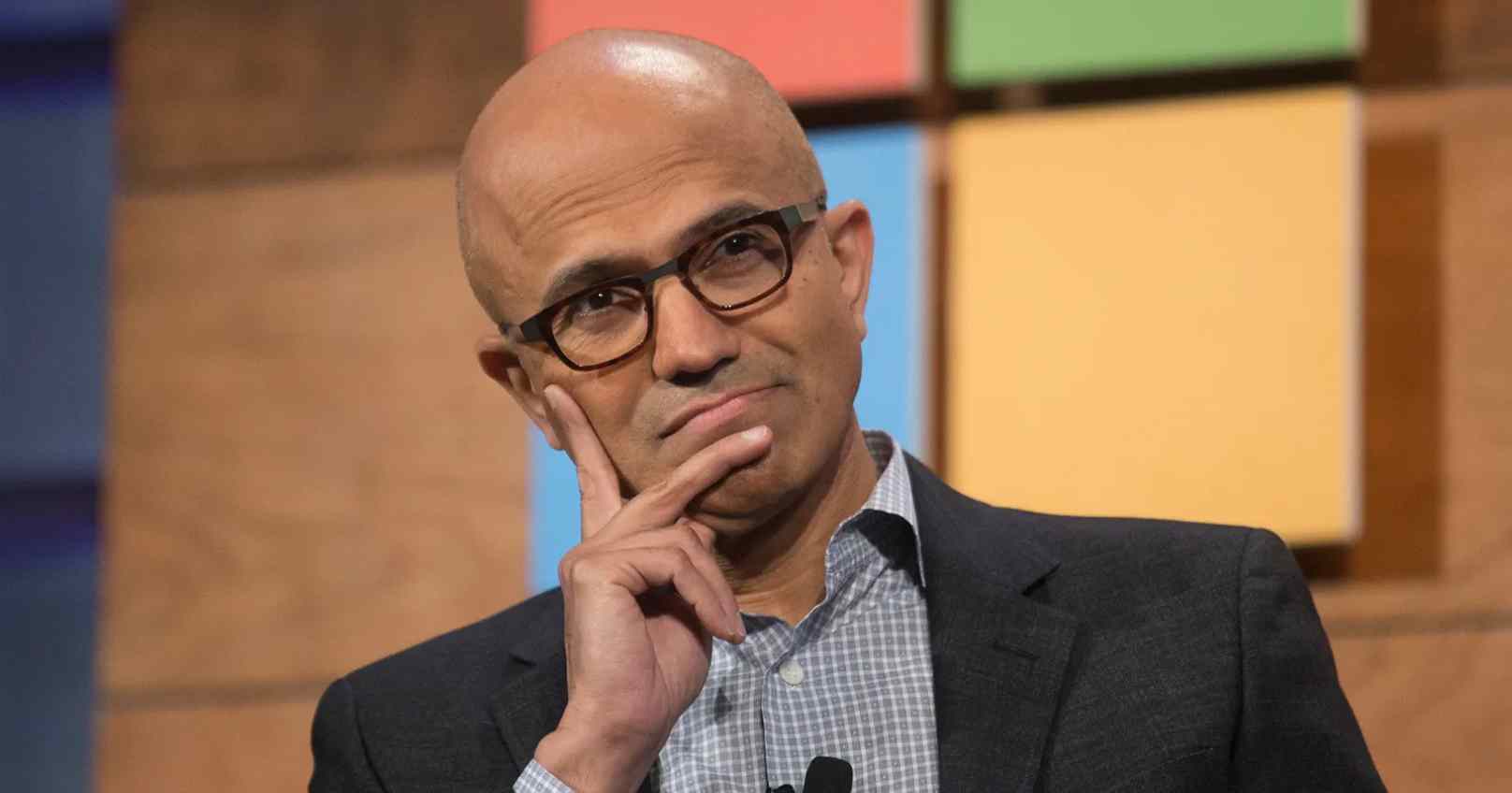As the 2024 presidential election approaches, discussions are intensifying about the future of Fannie Mae and Freddie Mac, two key mortgage-finance institutions in the US. A recent Wall Street Journal report indicates that supporters of presidential candidate Donald Trump are exploring plans to privatize these entities if Trump wins the election.
Key figures in Trump's circle, including former National Economic Council director Larry Kudlow and ex-White House official John McEntee, are reportedly engaging with bankers to discuss ending government control over Fannie Mae and Freddie Mac. This move could significantly alter the structure of the mortgage industry if Trump returns to office.
Currently, Fannie Mae and Freddie Mac operate as for-profit corporations despite their origins as government-created entities. Their main function is to enhance the US home lending market by buying home loans from private lenders and converting them into mortgage-backed securities, which are then sold to investors. This process helps maintain liquidity in the housing market.
Previous attempts to privatize these firms, including during Trump’s first term, were unsuccessful. Privatization could have broad implications for the housing market, given Fannie Mae and Freddie Mac’s role in stabilizing it, particularly after the 2008 financial crisis.
One proposal being considered involves the US Treasury Department providing a standby guarantee for a portion of the loans issued by these firms. This would allow for privatization while still offering a government-backed safety net for lenders and borrowers.
An important consideration is whether Congress would need to approve such a move. There are discussions about bypassing Congress and working through the Federal Housing Finance Agency (FHFA) and the Treasury Department, which currently oversee the firms.
Privatizing Fannie Mae and Freddie Mac could lead to changes in mortgage loan structures and pricing. Without government backing, mortgage interest rates might rise, potentially making homeownership more costly for many Americans. Additionally, while private shareholders might benefit from increased stock values, future investors would face higher risks.







